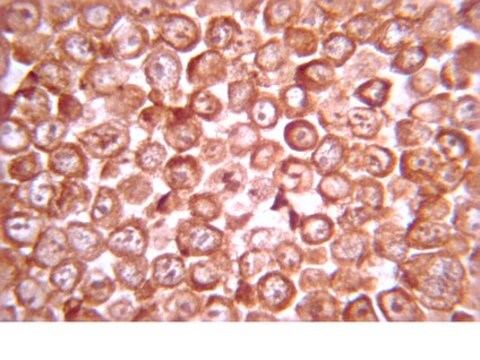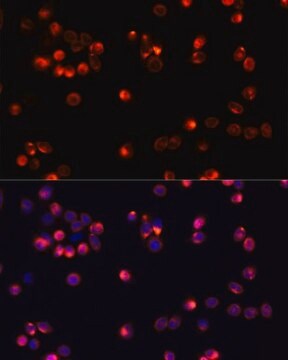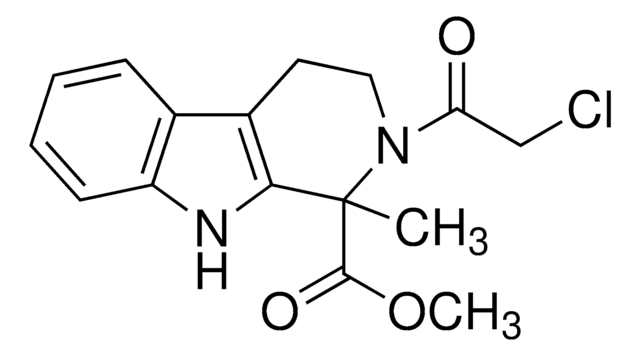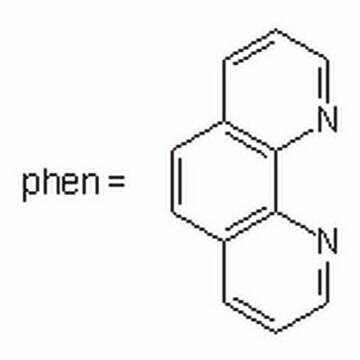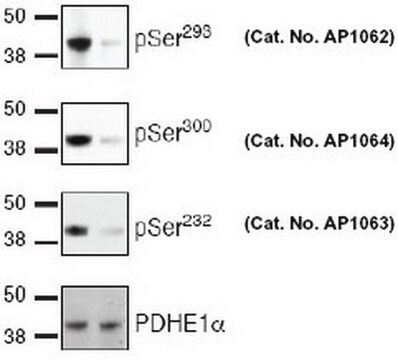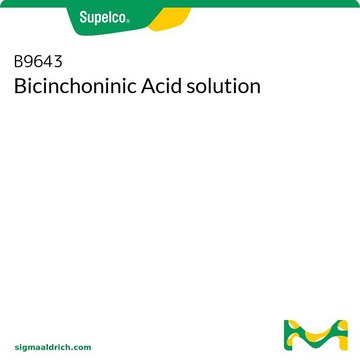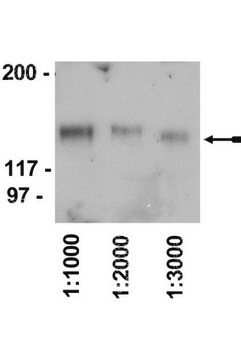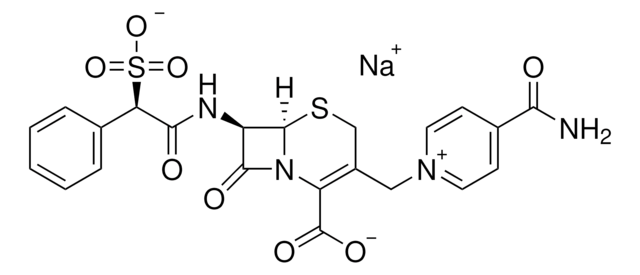04-771
Anti-Akt2/PKBβ Antibody, clone AW114, rabbit monoclonal
clone AW114, from rabbit
Synonym(e):
AKT2 kinase, Murine thymoma viral (v-akt) homolog-2, PKB beta, Protein kinase Akt-2, Protein kinase B, beta, rac protein kinase beta, v-akt murine thymoma viral oncogene homolog 2
About This Item
Empfohlene Produkte
Biologische Quelle
rabbit
Qualitätsniveau
Antikörperform
culture supernatant
Antikörper-Produkttyp
primary antibodies
Klon
AW114, monoclonal
Speziesreaktivität
rat, human, mouse
Methode(n)
immunoprecipitation (IP): suitable
western blot: suitable
Isotyp
IgG
NCBI-Hinterlegungsnummer
UniProt-Hinterlegungsnummer
Versandbedingung
dry ice
Posttranslationale Modifikation Target
unmodified
Angaben zum Gen
human ... AKT2(208)
Allgemeine Beschreibung
Spezifität
Immunogen
Anwendung
Zelluläre Signaltransduktion
PI3K-, Akt-, & mTOR-Signalübertragung
Qualität
Zielbeschreibung
Verlinkung
Physikalische Form
Lagerung und Haltbarkeit
Handling Recommendations: Upon receipt, and prior to removing the cap, centrifuge the vial and gently mix the solution. Aliquot into microcentrifuge tubes and store at -20°C. Avoid repeated freeze/thaw cycles, which may damage IgG and affect product performance.
Hinweis zur Analyse
L6 cell lysate
Sonstige Hinweise
Haftungsausschluss
Sie haben nicht das passende Produkt gefunden?
Probieren Sie unser Produkt-Auswahlhilfe. aus.
Lagerklassenschlüssel
12 - Non Combustible Liquids
WGK
WGK 1
Flammpunkt (°F)
Not applicable
Flammpunkt (°C)
Not applicable
Analysenzertifikate (COA)
Suchen Sie nach Analysenzertifikate (COA), indem Sie die Lot-/Chargennummer des Produkts eingeben. Lot- und Chargennummern sind auf dem Produktetikett hinter den Wörtern ‘Lot’ oder ‘Batch’ (Lot oder Charge) zu finden.
Besitzen Sie dieses Produkt bereits?
In der Dokumentenbibliothek finden Sie die Dokumentation zu den Produkten, die Sie kürzlich erworben haben.
Unser Team von Wissenschaftlern verfügt über Erfahrung in allen Forschungsbereichen einschließlich Life Science, Materialwissenschaften, chemischer Synthese, Chromatographie, Analytik und vielen mehr..
Setzen Sie sich mit dem technischen Dienst in Verbindung.